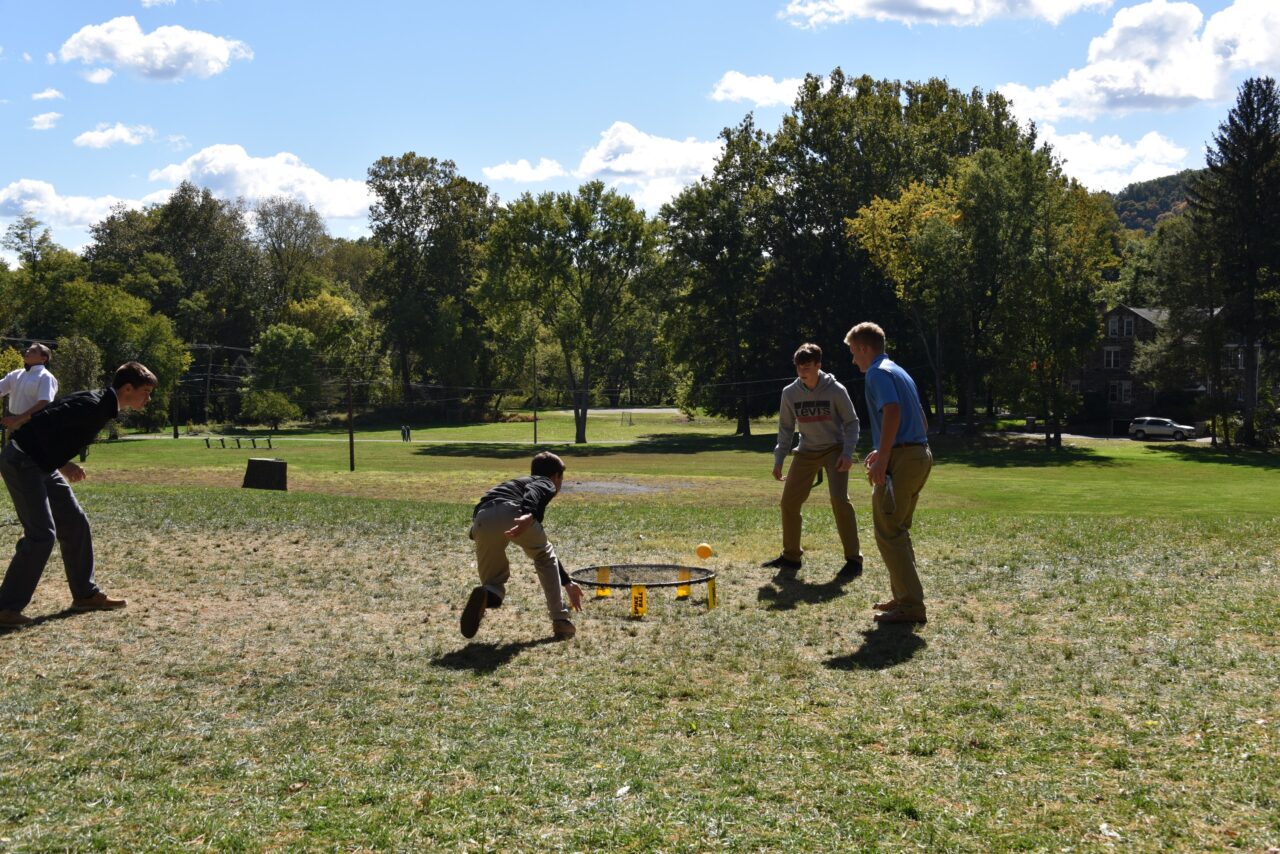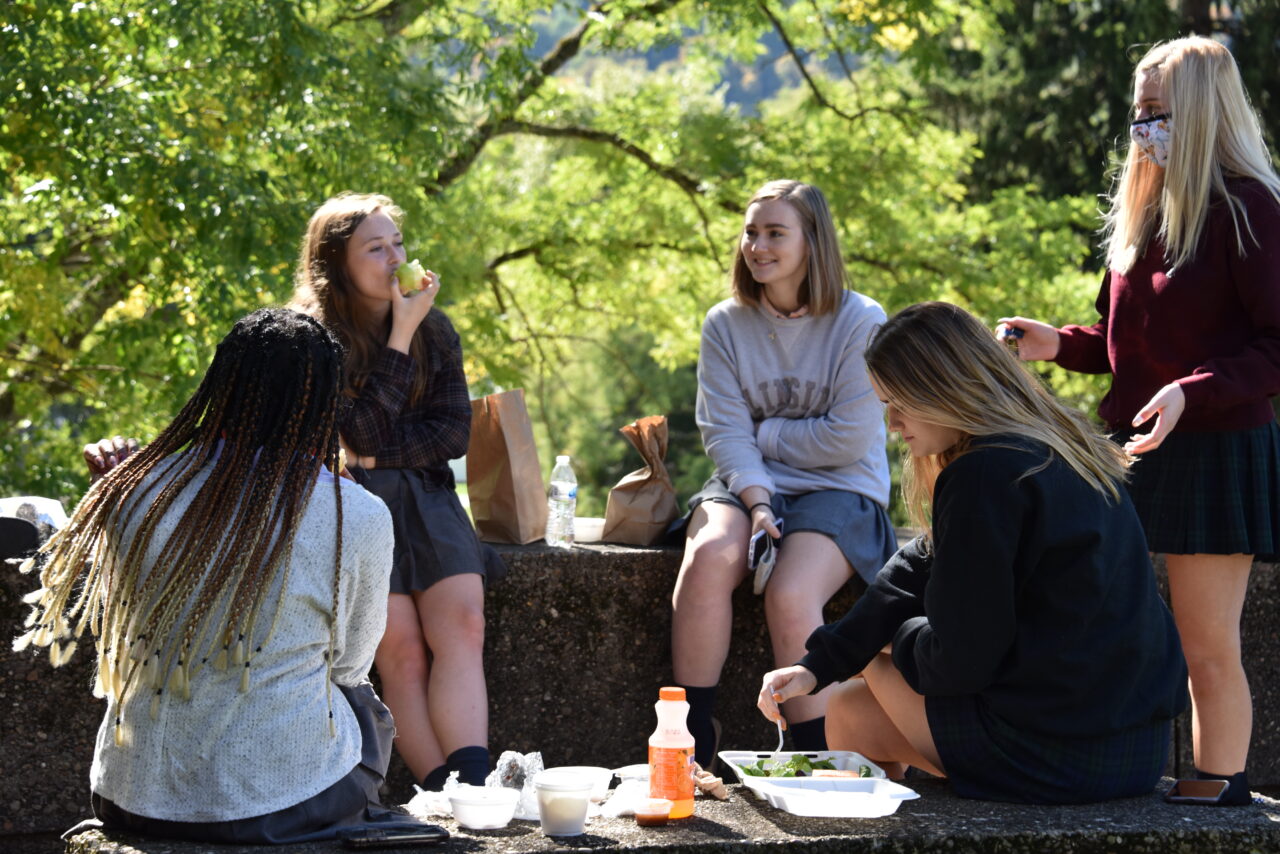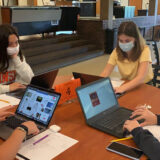Today, there is much uncertainty about the future around the world. Moreover, mental health has taken the spotlight in America. The COVID-19 pandemic has a widespread mental health crisis. Specifically, the COVID-19 pandemic sparked increased emotions of depression, anxiety, stress, and loneliness among teens due to self-isolation and lockdown requirements. Not only must students cope with these emotions, but they also must combat the typical teenage struggles of balancing school, extracurricular activities, and social lives. It is important to remain optimistic during this unpredictable time and take care of one’s mental and physical well-being.

Here are a few tips from our guidance counselor, Ms. Renzella:
- Make time for self care.
With so much going on around us, we often forget to set aside time to take care of ourselves. Whether your definition of self-care is face masks and movies or playing sports and exercising, it is so important to prioritize your health. Most importantly, make time for good sleep hygiene. Although it is tempting to stay up all night engulfed in TV or your phone, getting an adequate amount of sleep helps benefit your overall well-being.
- Take a step back from the media.
The media and news constantly overwhelm us with coronavirus updates and changing circumstances, and although it is education, sometimes it is too much. Make time to enjoy nature and spend time outside. Consider reading a book or engaging in activities separate from the media.
- Be aware of rational vs irrational thinking.
At the start of the pandemic, some of us worried about not being able to leave our houses or about the world falling apart, but this is irrational thinking. Risk is a normal part of life, and it is manageable. We have protocols and regulations to keep us safe that are important to follow. Try to set aside time for mindfulness. You can allow yourself to feel uncertain and disappointed, but separate these feelings from your rational and logical thoughts.
- Make time for socialization.
Despite social distancing regulations, we can still find ways to socialize. Facetime or video chat calls with family and friends, especially those who can’t socialize in person, and activities like bonfires and socially distanced games are great ways to still have fun.
- Identify someone who you feel comfortable talking to.
Whether it be a teacher, a trusted adult, or friends, it is important to discuss your feelings and what’s going on in your life. Talk to those you trust and avoid bottling up things that bother you or stress you out.
(article cowritten by Sydney Glessner)



